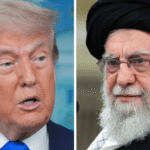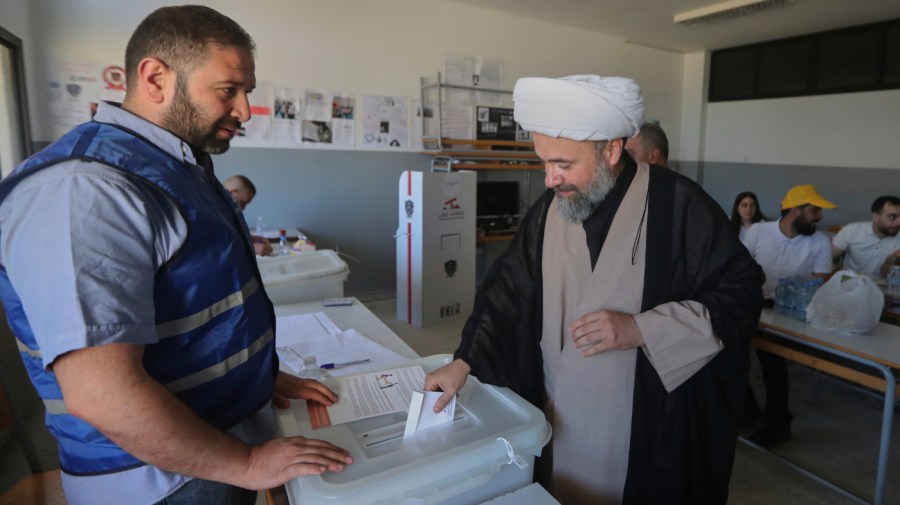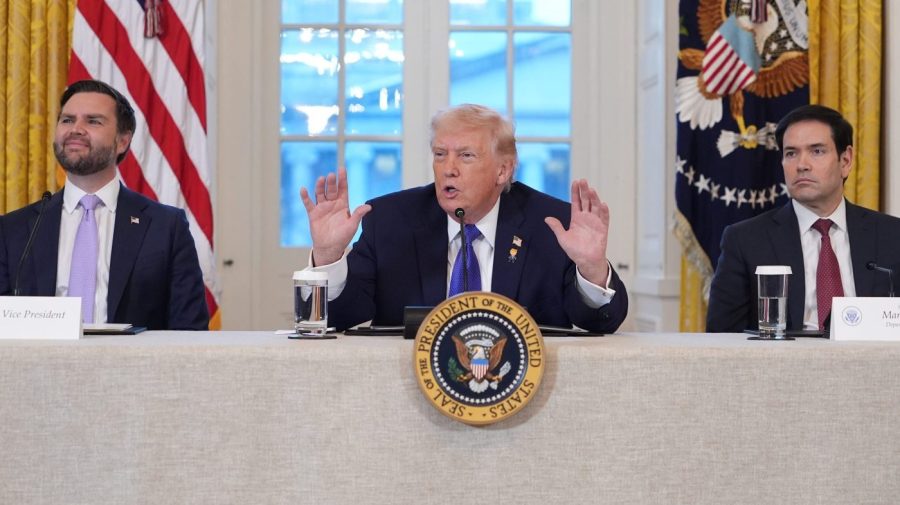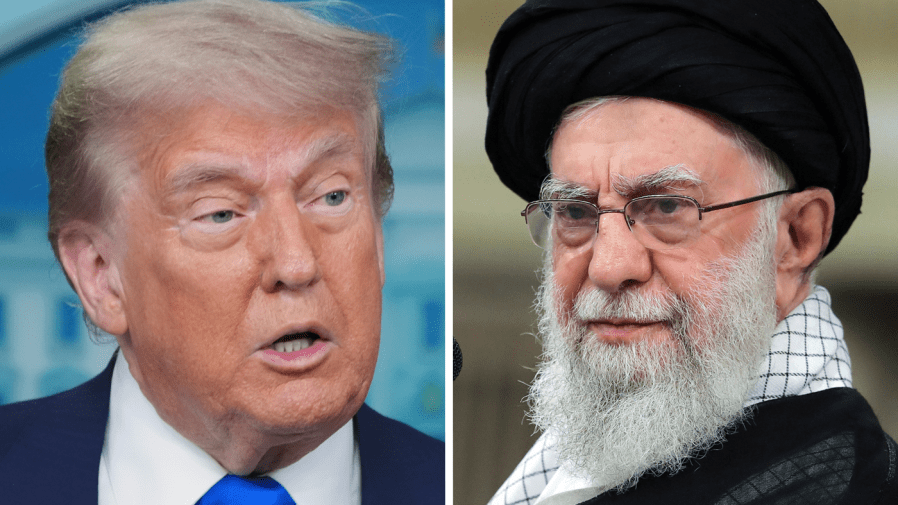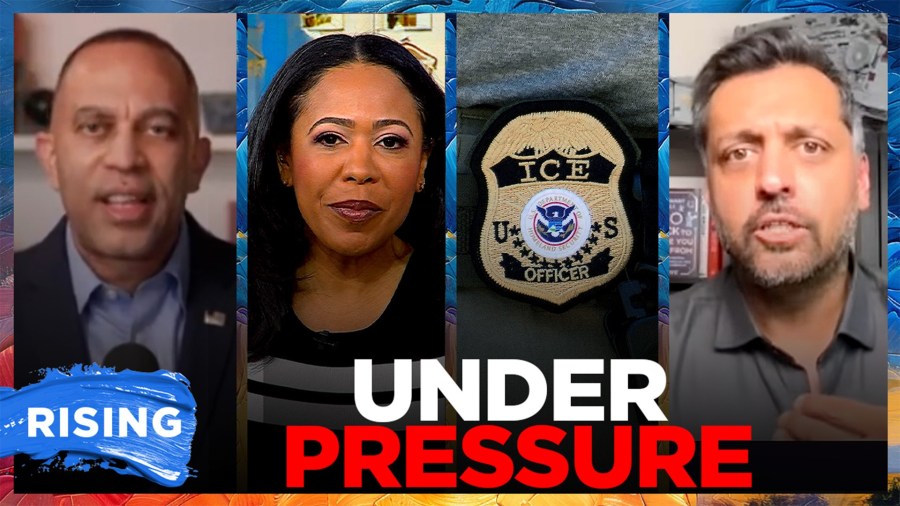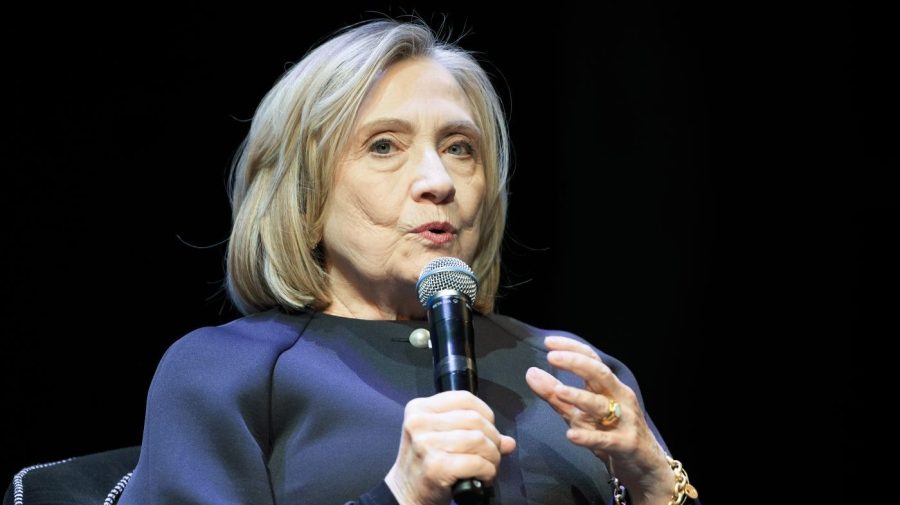
Lebanon today stands at a turning point in its history. After years of economic collapse, political paralysis and the corrosive dominance of the Iranian-backed party and armed paramilitary group Hezbollah, the country faces a stark choice: seize the chance to reclaim its sovereignty and democratic promise or remain hostage to Hezbollah’s weapons and Iran’s influence.
The upcoming parliamentary elections, expected to be held in May, will not just be another contest for seats; They will be a test of whether the Lebanese people, at home and abroad, can assert control over their destiny.
One decisive step Lebanon could take is to guarantee full voting rights to its diaspora. Millions of Lebanese abroad remain closely connected to their homeland – supporting families through remittances, investing in businesses and advocating for Lebanon internationally. yet under 2017 electoral lawNRIs are treated as a separate constituency with only six reserved parliamentary seats out of a total of 128.
In other words, instead of voting for candidates in their original home districts, as residents do, millions of Lebanese abroad are limited to electing just six members of parliament from around the world.
That rule in 2018 and 2022 was temporarily set aside, And migrant votes were counted in their home constituencies. But unless the law is amended, the six-seat limit will return in 2026, which could and should reduce the political influence of NRIs to some extent.
Lebanon’s first experiment with expatriate voting in 2018 marked a milestone in expanding political participation beyond its borders. For the first time, Lebanese people abroad were given a voice in shaping the future of their country. Participation has only increased since then approximately 140,000 Migrants are voting in 2022, representing about 7 per cent of the total voters.
What is particularly striking about 2022 is that this rising migrant turnout shows clear signs of realignment: many migrant voters are increasingly Supported reformist, independent or “changeist” candidates Instead of traditional sectarian or Hezbollah-aligned lists.
Migrant votes increased in districts where margins were low, and in many cases tilted towards those demanding accountability, transparency and governance reforms, thereby reducing the dominance of established communal factions.
Despite this progress, the promise of migrant enfranchisement has only been partially fulfilled. In June, an amendment to the electoral law that would have guaranteed overseas Indians to vote like residents of their home districts was quietly postponed when the Speaker of Parliament refused to put it on the legislative agenda,
The move underlines how much of a threat the political establishment – and especially Hezbollah-Amal alliance – Looks at migrant participation. These established parties perceive the diaspora to be more reformist, less controllable, and more willing to support independent and opposition candidates.
They understand that full expatriate enfranchisement could strengthen a parliamentary bloc strong enough to deprive Hezbollah of its majority coalitions and reshape Lebanon’s political map. In a fractured system, where many districts are decided by narrow margins, even a modest increase in expatriate voting could shift seats away from the Hezbollah-aligned list.
For those in power, restricting migrant participation is a way to maintain the current balance of power.
But Lebanese people abroad should have equal voting rights. The Lebanese diaspora is far from being marginal: it is the country’s lifeline. Every year, migrants send billions of dollars of remittances home That keeps families afloat and the economy stable. They invest in businesses, maintain schools and hospitals and serve as Lebanon’s most effective advocates on the international stage.
Their voice is an integral part of the political process. To exclude or restrict their role is to refuse to acknowledge that Lebanon’s survival depends as much on its citizens abroad as it does on those within its borders.
Facing this impasse, NRIs will have to get organized. Registration drives ahead of the 2026 elections could dramatically increase participation, making it harder for politicians to deny their role. Many MPs depend on migrant votes in their home constituencies, which is why organized migrants could reshape their calculations.
Local civil society and the media, together, can keep the issue alive, framing it not as a technical debate but as a matter of fairness and sovereignty – and rolling back rights already exercised in 2018 and 2022 would be democratic regression. Conversely, a transparent framework for diaspora participation would strengthen Lebanon’s credibility at a time when it desperately needs international trust.
U.S. policymakers and other international partners must also play their role, recognizing that expatriate voting is not only a matter of electoral integrity, but also central to Lebanon’s balance of political power.
The ban on NRI participation preserves Hezbollah’s ability to dictate outcomes in parliament. Expanding diaspora participation opens up space for a different reality – one where reformist, independent and opposition voices get a fair chance to compete, and where Hezbollah’s dominance is finally broken.
In the end, what is at stake is much more than a few seats in Parliament. The fight over the migrant vote is a fight over Lebanon’s future: it is the clearest path forward for Lebanon to break Hezbollah’s grip on power and pursue a sovereign path based on accountability, pluralism, and the will of its people.
Patricia Karam is vice president for policy and communications at the U.S. Task Force on Lebanon. She was formerly Senior Iran Policy Advisor at Freedom House and Director of the Middle East and North Africa at the International Republican Institute.






